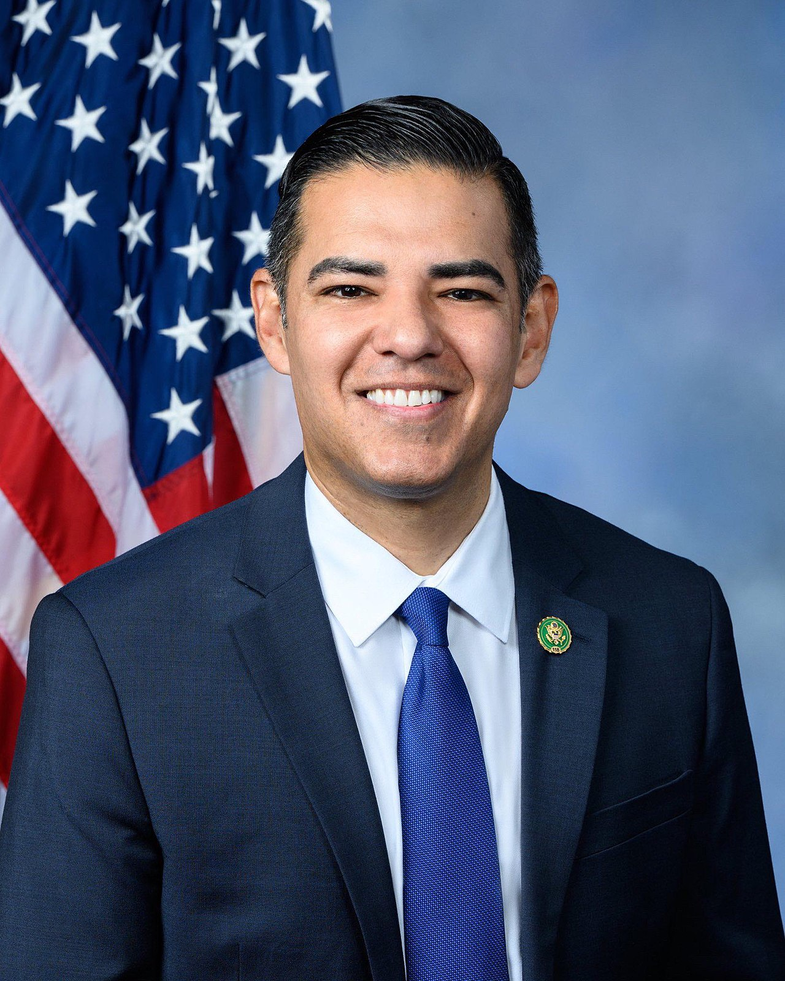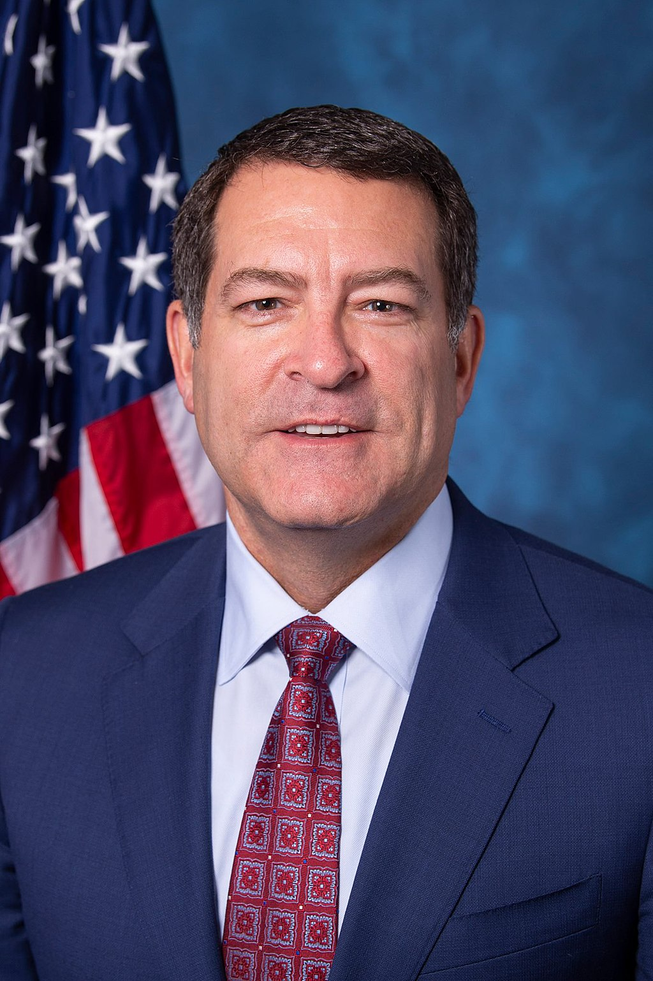H.R. 5062: Pipeline Security Act
This legislation, known as the Pipeline Security Act, aims to enhance the security of pipeline transportation and facilities against various threats, including cybersecurity risks and acts of terrorism. The main aspects of the bill include the following:
1. Responsibilities of the Transportation Security Administration (TSA)
The TSA will be tasked with the overall responsibility for securing pipeline systems. This includes:
- Consulting with the Cybersecurity and Infrastructure Security Agency (CISA) to develop security measures.
- Creating and updating guidelines to improve security against cybersecurity threats and terrorism.
- Issuing security directives or regulations deemed necessary for protecting pipeline infrastructure.
- Sharing security-related guidelines, directives, and intelligence with relevant stakeholders.
- Assessing and inspecting the implementation of security measures by pipeline operators.
- Identifying and ranking security risks associated with pipelines.
- Inspecting designated critical pipelines.
2. Engagement with Stakeholders
Within one year of the bill's enactment, the TSA will hold at least one industry day to involve relevant stakeholders in discussions regarding pipeline security measures.
3. Reporting to Congress
The TSA is required to report to Congress on their activities related to pipeline security at least every two years. This ensures accountability and transparency regarding the TSA's efforts to protect pipeline infrastructure.
4. Development of a Personnel Strategy
The TSA is instructed to develop a personnel strategy within 180 days of the bill’s enactment. This strategy will focus on:
- Assessing the cybersecurity expertise necessary for pipeline security.
- Planning to expand this expertise within the TSA.
- Identifying resources required to implement the strategy.
5. Review of Implementation
Within two years after the enactment, the Government Accountability Office (GAO) will conduct a review of how effectively the TSA has implemented the provisions of this Act.
6. Amendment to Existing Law
The bill adds a new section to the Implementing Recommendations of the 9/11 Commission Act of 2007, formally codifying these responsibilities and procedures related to pipeline security.
7. Summary
The Pipeline Security Act enhances the TSA's role in ensuring the security of pipeline infrastructure through updated responsibilities, stakeholder engagement, strategic planning, and oversight. This is part of a broader effort to protect critical infrastructure against evolving security threats.
Relevant Companies
- ET - EnLink Midstream is involved in the transportation and processing of natural gas and could face increased regulatory requirements and oversight in their operations.
- DCP - DCP Midstream, which also operates pipelines for natural gas, may need to enhance its cybersecurity protocols in accordance with the new TSA guidelines.
- OKE - ONEOK, a company that transports and processes natural gas, may be affected by the bill's requirements for improved cybersecurity measures.
This is an AI-generated summary of the bill text. There may be mistakes.
Sponsors
3 bill sponsors
Actions
6 actions
| Date | Action |
|---|---|
| Sep. 03, 2025 | Committee Consideration and Mark-up Session Held |
| Sep. 03, 2025 | Ordered to be Reported by the Yeas and Nays: 22 - 0. |
| Sep. 03, 2025 | Subcommittee on Transportation and Maritime Security Discharged |
| Aug. 29, 2025 | Introduced in House |
| Aug. 29, 2025 | Referred to the House Committee on Homeland Security. |
| Aug. 29, 2025 | Referred to the Subcommittee on Transportation and Maritime Security. |
















